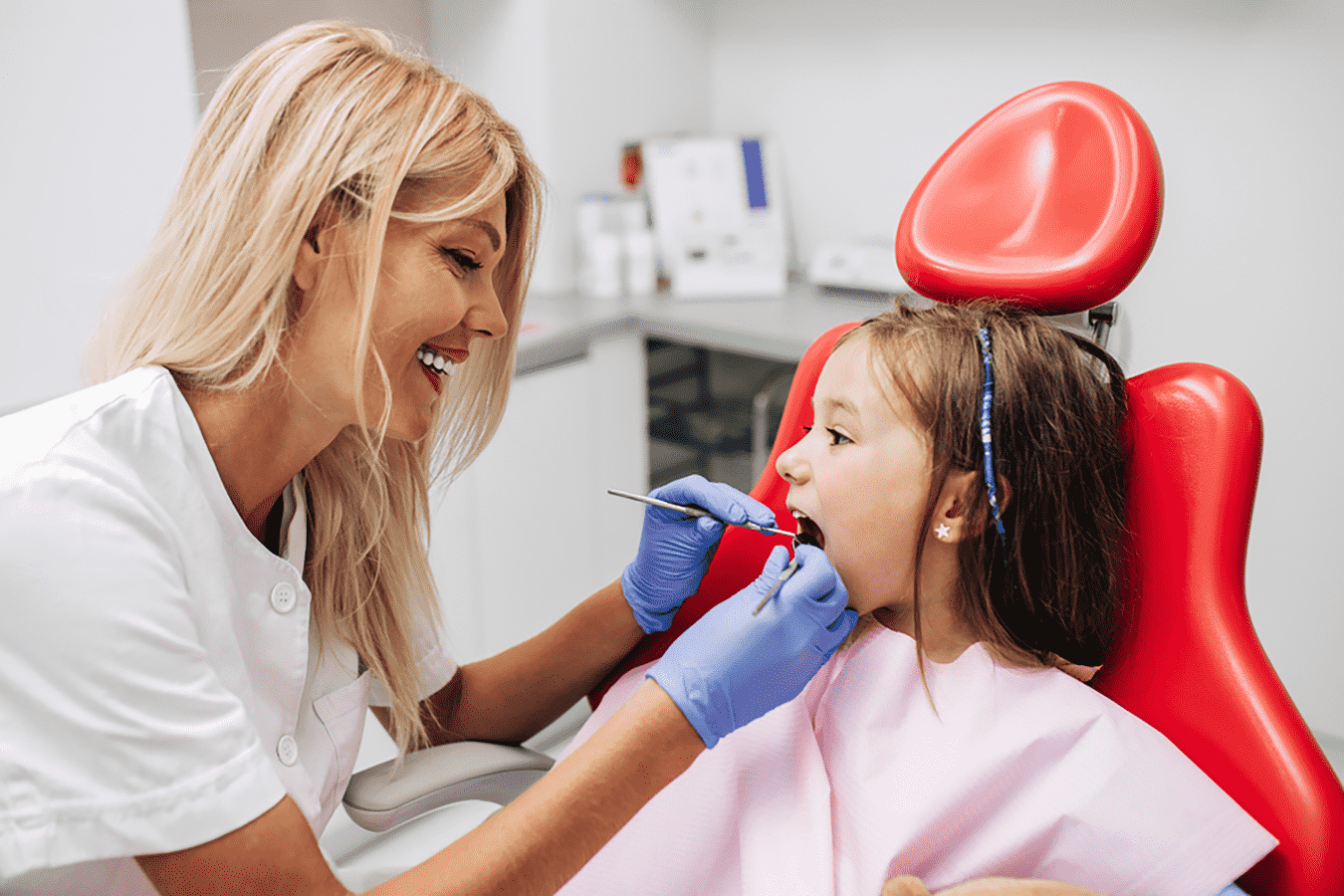A 2016 study published in the Journal of Dental Anesthesia and Pain Medicine found that 42% of a group of 250 children aged 10 to 14 were afraid of the dentist. A 2009 study of 275 younger children aged seven to 11, published in Medical Principles and Practice, found that 41.5% experienced dental fear.
Pediatric dentists are specially trained to treat children’s dental needs, and especially concerned that children should be comfortable and feel safe when visiting a dental office in Livonia. We understand that dental anxiety and phobia are a real and present concern for many patients — children and adults alike — and are committed to trying to resolve those fears.
What are children afraid of?
The two studies collected data about fears that triggered the strongest responses in the boys and girls between seven and 14 who participated in the two studies. The issues that generated the highest “fear scores” were:
- Choking (seven to 11-year-olds) and feeling of choking (10 to 14-year-olds)
- Injections (both age groups)
- Having somebody put instruments in their mouth (seven to 11-year-olds)
- Dentist drill (10 to 14-year-olds)
The study of older children found that fear decreased with age, and that anxiety about a particular procedure dropped considerably once the child had experienced that particular treatment.
How can you help your child not fear the dentist?
Don’t wait too long
The American Academy of Pediatric Dentistry recommends that children visit the dentist before their first birthday. The earlier your child is introduced to the dentist and gets familiar with its sights, sounds, and smells, the easier it will be for them to understand and grow comfortable in the environment.
Keep it light
Lots of kids play doctor. You can help your child with any dental anxiety by being the family that plays dentist. While going through your family oral hygiene routines together, help your child get accustomed to you looking at their teeth and in their mouth. Let them look in your mouth and touch your teeth, too. You can role-play a dental appointment by spoofing a dental chair and practicing the routines of a dental appointment. All of this might help the dentist’s office seem a little bit more fun, or at least a bit less intimidating.
Use your discretion
Are you one of approximately 15% of adults who suffer from dental anxiety? While there’s no shame in that —and a dental office near you will try to help you with that, too — we recommend not sharing too much about your fear with your child while they’re expressing their own dental anxiety. Children often take their cues from their parents. If you’re afraid, it will be harder for them not to be afraid.
If you struggle with your own dental anxiety, it’ll be especially important for you to listen to your own language when talking about the dentist. Use language that is as positive or neutral as possible, and avoid frightening words like shots or pain.
Partner with your pediatric dentist in Livonia
If you think your child is particularly anxious about visiting the dentist, or if earlier dental experiences were not positive for them, speak to your dentist’s office about those concerns in advance. Your pediatric dentist’s goals are the same as yours — quality care for your child as comfortably as possible. They have the training and resources needed to accommodate your child to the fullest extent possible.
Don’t skip appointments
The mysterious unknowns of the dentist’s offices tend to multiply a child’s fears. Familiarity and getting into a regular routine of going to the dentist for routine matters — not just crises — will help assuage your child’s fears.
Your pediatric dentist in Livonia chose that specialization because they care about providing quality and comfortable care to children. Tempting as it may be, don’t let your child’s dental anxiety stand between them and essential good oral health. If you have any concerns about your child’s dental anxiety or care, contact a pediatric dentist near you.

